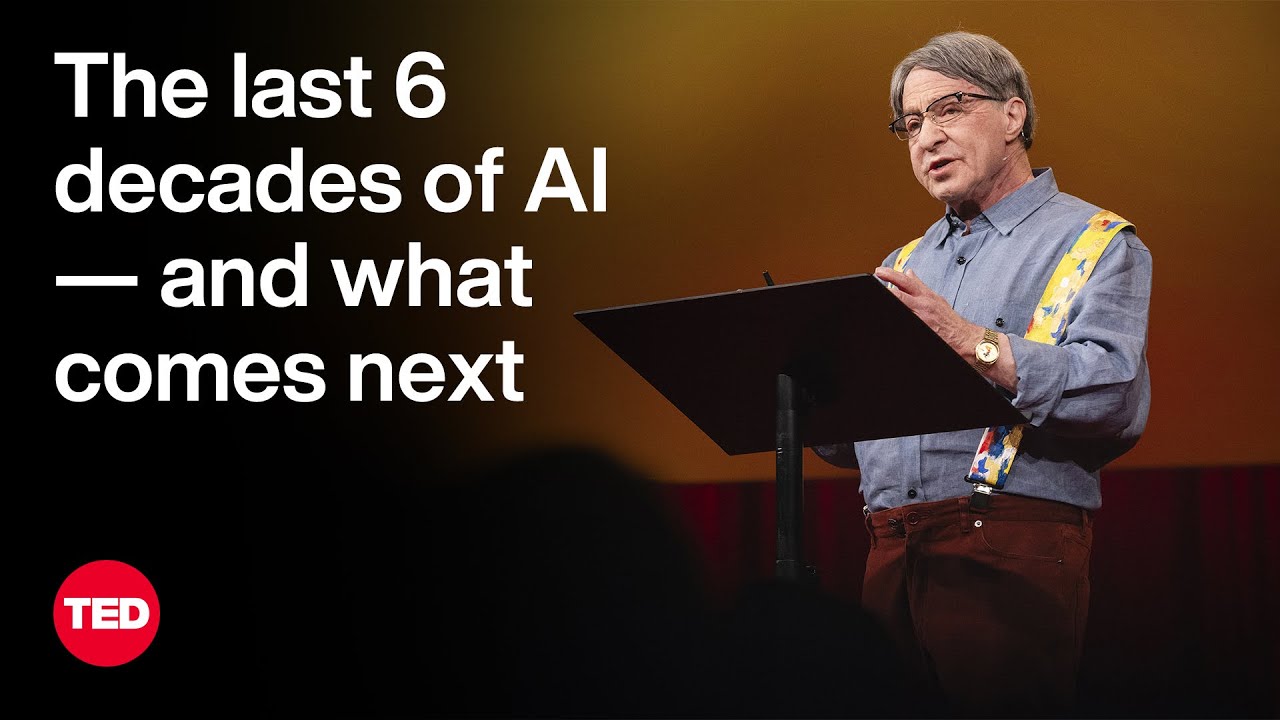Ray Kurzweil discusses the evolution of artificial intelligence over the last six decades, highlighting the exponential growth in computation that has propelled advancements in AI. He predicts that artificial general intelligence (AGI) will be achieved within the next few years, emphasizing the transformative impact of AI on fields like medicine and envisioning a future where AI enhances human capabilities and quality of life.
Ray Kurzweil, an AI expert, reflects on the evolution of artificial intelligence over the past six decades. Initially, AI was met with skepticism and doubt, with predictions varying from not achieving human-level intelligence for centuries to optimistic estimations of reaching it within a semester. The exponential growth of computation, as demonstrated by a chart showing a 75 quadrillion-fold increase in calculations per second over the years, has been a driving force behind AI advancements. Kurzweil predicted in 1999 that artificial general intelligence (AGI) would be reached by 2029, a forecast that was initially met with skepticism but is now widely accepted, with some experts even predicting AGI within the next few years.
The impact of AI extends to various fields, with medicine being a particularly transformative area. AI has demonstrated its creativity and problem-solving capabilities, as seen in the rapid development of the Moderna COVID-19 vaccine. AI’s ability to simulate different possibilities and accelerate the drug discovery process holds promise for finding cures for various diseases, leading to significant advancements in healthcare in the coming years. Additionally, AI-driven innovations like AlphaFold 2 have revolutionized protein folding predictions, paving the way for more effective treatments and personalized medicine.
Looking ahead, Kurzweil envisions a future where AI continues to revolutionize society, leading to what he terms “longevity escape velocity.” This concept suggests that scientific progress will outpace the aging process, potentially enabling individuals to extend their lifespan indefinitely. With advancements in nanotechnology and brain-computer interfaces, Kurzweil foresees a future where human intelligence is greatly enhanced, offering new possibilities for creativity, communication, and consciousness expansion. He predicts a transformative era where individuals can choose their appearance, transcend biological limitations, and experience a richer and more fulfilling life enhanced by AI technologies.
Kurzweil emphasizes that AI is not a threat but a tool that will enhance human capabilities and quality of life. He envisions a future where individuals can enjoy increased intelligence, creativity, and freedom from physical constraints, leading to a more interconnected and culturally rich society. Ultimately, he believes that the integration of AI into various aspects of life, from healthcare to personal relationships, will bring about profound positive changes, offering new opportunities for growth, exploration, and meaningful experiences.
